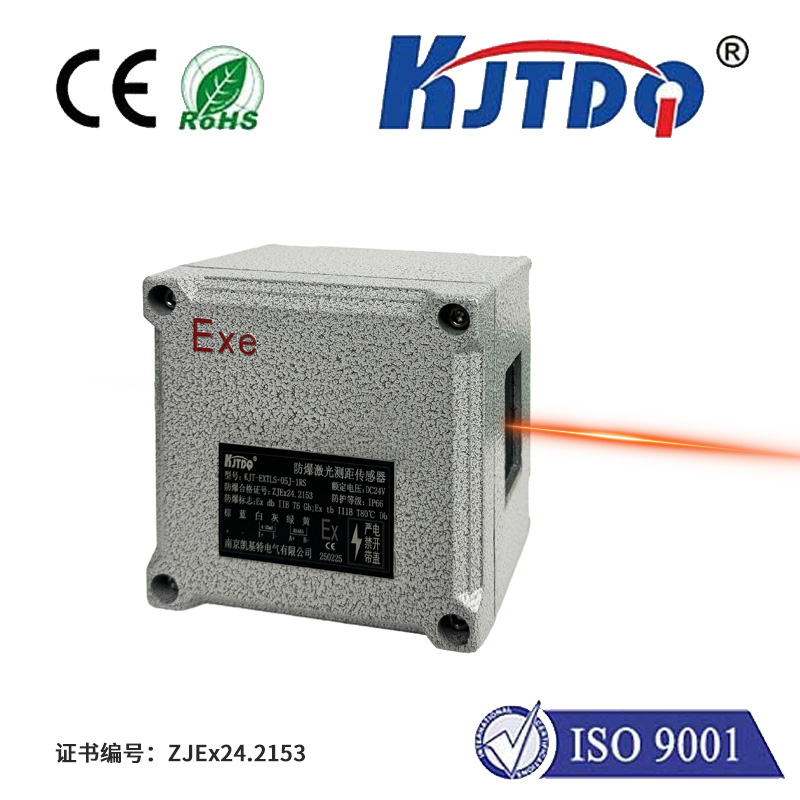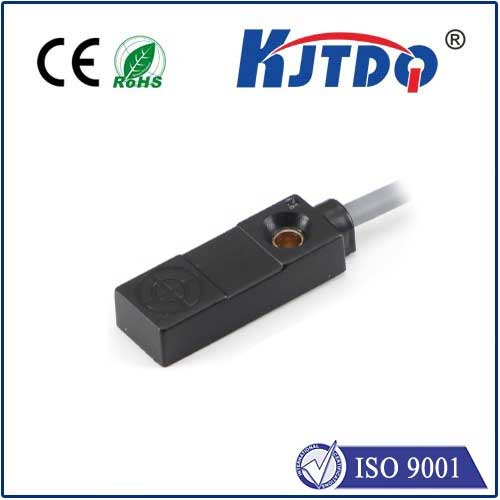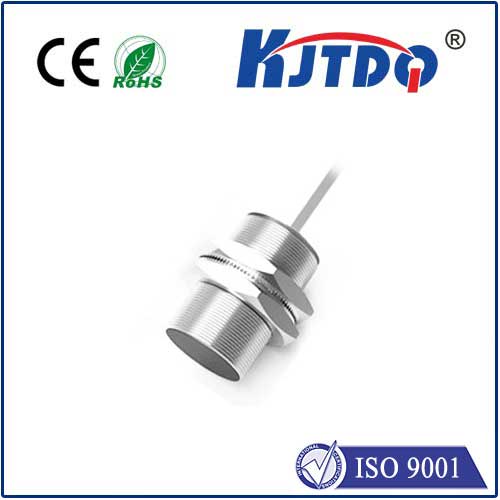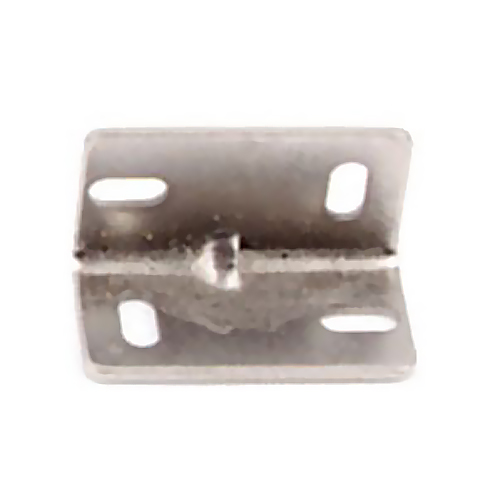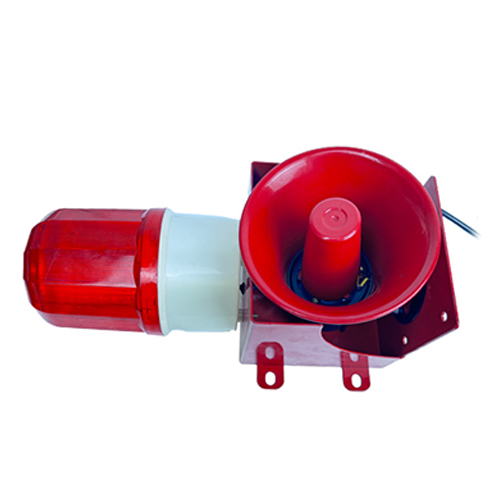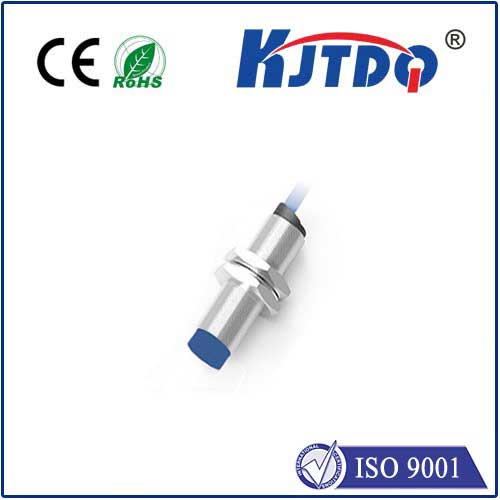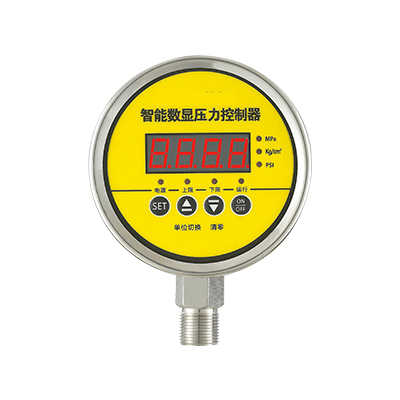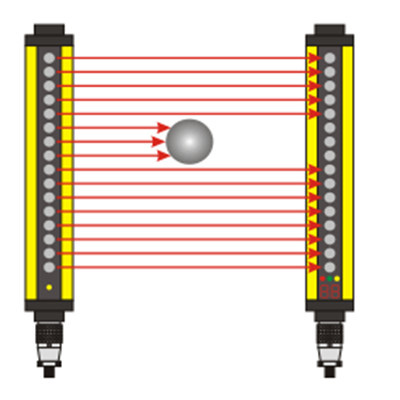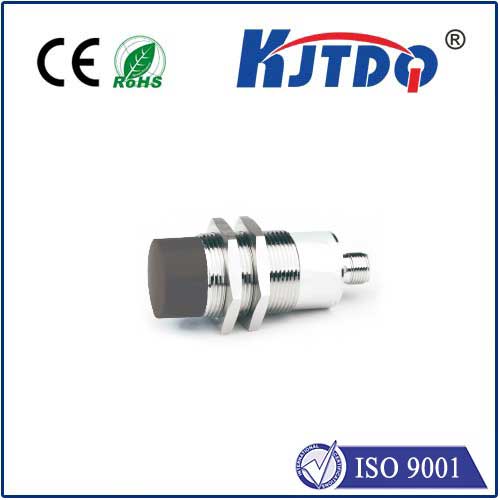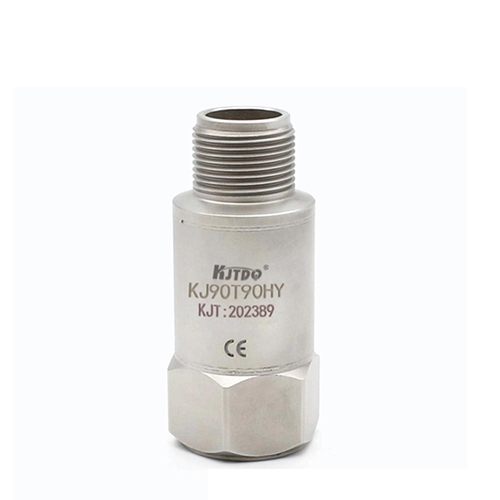

check

check

check

check

check

check

check

check

check

check
Laser Thickness Measurement Sensor: Ensuring Precision in Manufacturing
In the world of manufacturing, precision is key. The slightest deviation from specifications can lead to subpar products and even catastrophic failures. This is where laser thickness measurement sensors come in, offering a reliable and accurate tool for quality control in various industries.
What is a Laser Thickness Measurement Sensor?
A laser thickness measurement sensor is a device that uses laser technology to measure the thickness or depth of materials. It works by projecting a laser beam onto the surface of an object and then measuring the time it takes for the reflected light to return to the sensor. Based on this information, the sensor calculates the distance between itself and the object, providing highly precise measurements.

Benefits of Using Laser Thickness Measurement Sensors
The use of laser thickness measurement sensors offers several benefits over traditional methods, such as calipers or micrometers. Firstly, they provide non-contact measurements, which eliminate the risk of damaging delicate surfaces during measurement. Secondly, they offer much higher accuracy than manual methods, with some models achieving resolutions as low as a few microns. Finally, laser sensors can operate at high speeds, allowing for real-time monitoring of production lines and reducing downtime due to inspection processes.
Applications in Manufacturing
Laser thickness measurement sensors have found widespread applications in various manufacturing sectors, including automotive, aerospace, electronics, and pharmaceuticals. In automotive manufacturing, these sensors are used to ensure consistent paint thickness on car bodies, while in aerospace, they check the dimensions of critical components like turbine blades. In the electronics industry, laser sensors measure the thickness of circuit boards and semiconductor wafers, and in pharmaceuticals, they verify tablet thickness compliance.
Choosing the Right Laser Thickness Measurement Sensor
Selecting the appropriate laser thickness measurement sensor depends on several factors, such as the type of material being measured, required accuracy, and environmental conditions. For example, if measuring reflective materials like metals, a sensor with a higher power output may be necessary to overcome reflection issues. Additionally, considerations like temperature stability and vibration resistance should be taken into account when choosing a sensor for harsh industrial environments.
Conclusion
Laser thickness measurement sensors play a crucial role in ensuring precision and quality control in manufacturing processes. Their ability to provide fast, accurate, and non-contact measurements make them indispensable tools for maintaining product standards across various industries. As technology continues to advance, we can expect further improvements in laser sensor performance, leading to even more efficient and effective quality assurance practices.
